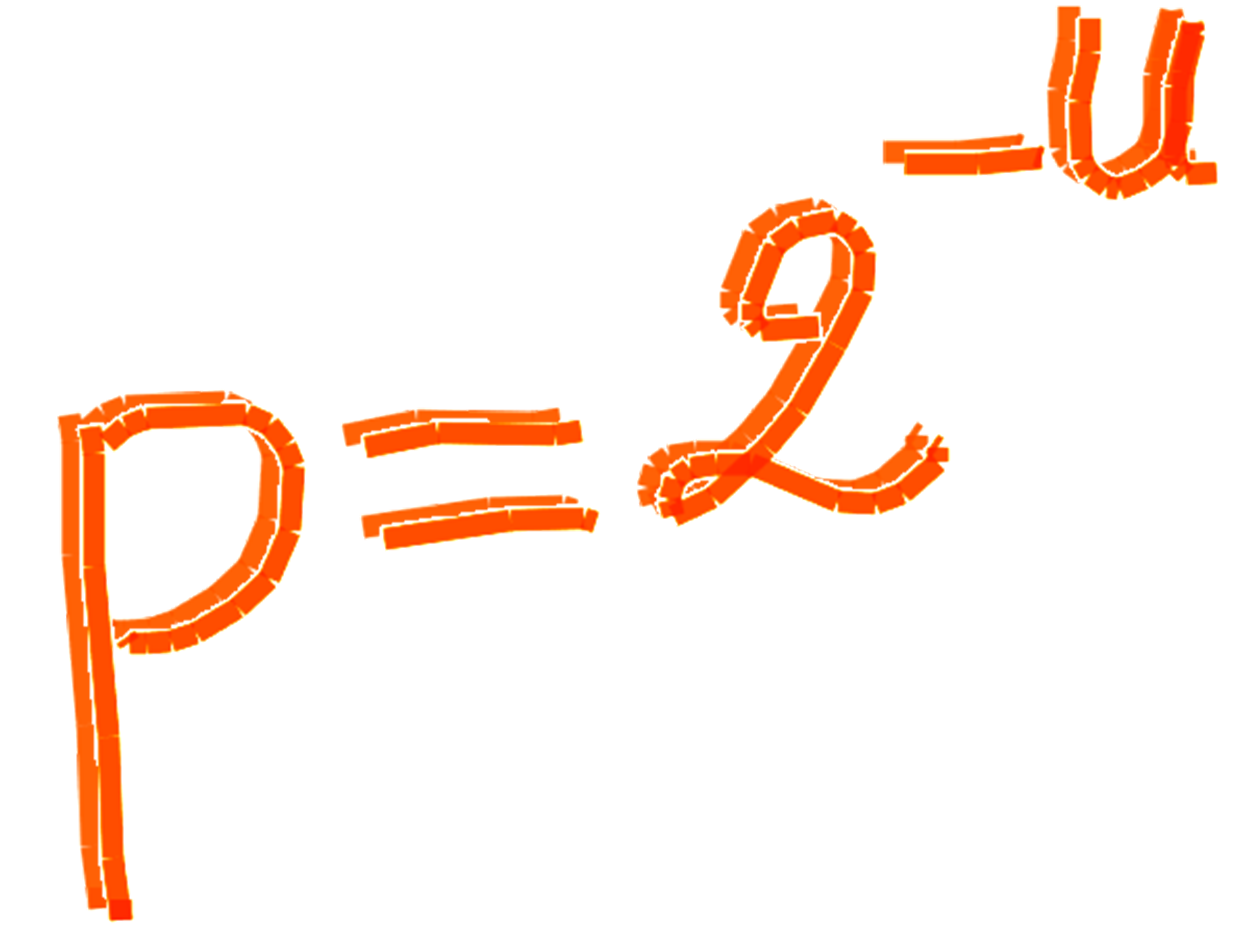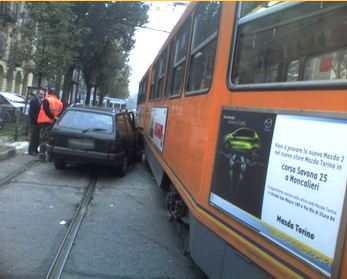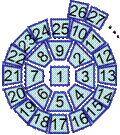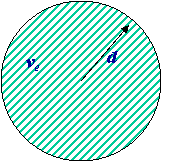SimplicityTheory
Simplicity, Complexity, Unexpectedness, Cognition, Probability, Information by Jean-Louis Dessalles
(created 31 December 2008, updated February 2026)
Closer events are simpler and therefore more unexpected.
News is a perishable product, good only when fresh.
(Warren 1934/1959:15) In November 2007, as I headed toward the Centro di Scienza Cognitiva in Torino to give a lecture about unexpectedness, I witnessed an accident between a car and a tram just one block away from via Po. I took the photo and made some impression by showing it during the talk, as I was speaking about the importance of space and time proximity. Why are events more unexpected when they happen closer? And how much more?
Notes:
More generally, if the event occurs within an ego-centred spatiotemporal volume ve, then the complexity of x amounts to:
$$C(x) \le \log_2 (\frac{v_e}{v_s})$$
U(l) > 2 × log2 (R/d) In a one-dimension space, we would have: U(x) > log2 (R/d). This accounts for recency effects. When social distance is taken into account, U is proportional to the degree of separation in the social graph.
Dessalles, J-L. (2008). Coincidences and the encounter problem: A formal account. In B. C. Love, K. McRae & V. M. Sloutsky (Eds.), Proceedings of the 30th Annual Conference of the Cognitive Science Society, 2134-2139. Austin, TX: Cognitive Science Society. Dessalles, J-L. (2008). La pertinence et ses origines cognitives - Nouvelles théories. Paris: Hermes-Science Publications. Dimulescu, A. & Dessalles, J-L. (2009). Understanding narrative interest: Some evidence on the role of unexpectedness. In N. A. Taatgen & H. van Rijn (Eds.), Proceedings of the 31st Annual Conference of the Cognitive Science Society, 1734-1739. Amsterdam, NL: Cognitive Science Society. Warren, C. N. (1934). Modern news reporting. New York: Harper & Brothers, ed. 1959.


The "next door" effect (proximity)
The person who yawns over a report that famine has swept a million Chinese to their graves will snap to attention if he learns his neighbor’s child is in the hospital. And if his own child is hospitalised or, say, wins a prize in school, causing the family name to appear in the paper, that item -from his viewpoint- is packed with interest.
(Warren 1934/1959:21)
By definition, unexpectedness U is the difference between generation complexity and description complexity: Cw – C.Generation complexity Cw
Suppose event s has a spatiotemporal volume vs (to locate an event like a tram accident, we are dealing with a few hundred square meters within a few minutes). To generate the location of the event, the "world-machine" must decide among Ve/vs possibilities. The generation complexity amounts therefore to:
$$C_w(s) = \log_2 (\frac{V_e}{v_s})$$
Description complexity C
 When the event is close, its location requires less complexity. Let’s consider first two spatial dimensions only. Suppose locations are ranked egocentrically, by increasing distance from self. There are about
When the event is close, its location requires less complexity. Let’s consider first two spatial dimensions only. Suppose locations are ranked egocentrically, by increasing distance from self. There are about
\( 2 \pi d / \sqrt{v_s} \)
different locations at distance d (the approximation is good for \(d / \sqrt{v_s}\) not too small).
A location x at distance d in a two-dimension space requires no more than
\(\log_2(\pi d^2/v_s)\)
bits to be unambiguously determined:
C(x) < log2(πd2/vs)
Finally:
$$\boxed{U(x) \ge \log_2 (\frac{V_e}{v_e})}$$
This explains why close events (ve small) are more unexpected.  If we consider only spatial dimensions in a two-dimension space, then:
If we consider only spatial dimensions in a two-dimension space, then: Bibliography
